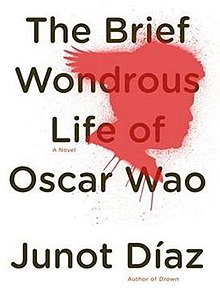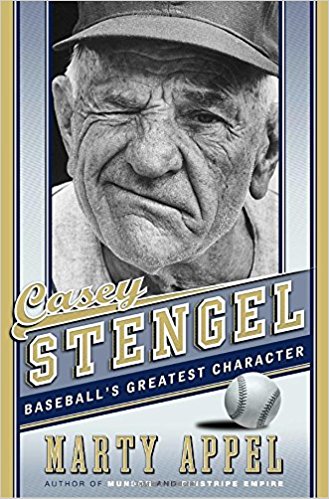Thucydides
Registered User
- Dec 24, 2009
- 8,180
- 865

I had a big review of this typed out, but got so lost in it, i didn’t realize my phone was about to die and lost it, so this is the condensed version.
After a month of reading, some days putting in 5-6 hours a day, I finally finished Infinite Jest.
It was at times a slog to get through, and after about 150 pages I was asking myself what the point of reading this was, but not wanting to give up on it again, I continued reading. At page 200 (of the paperback version with cover pictured above) I got to a passage that made me think that Wallace might have something important, or “profound” to say with this book and I bravely soldiered on.
I am typically a pretty fast reader, but thirty pages in, I knew that wouldn’t be the case here. Once I accepted this, I settled in and just enjoyed the ride. There’s so many themes, plots and characters it can be overwhelming at times , but the writing is so good you can’t help but marvel at it. It is all things at once : clever, hilarious , sad, dark and brilliant . It should also be noted I needed a dictionary. His vocabulary is like nothing I’ve read before.
It’s not too often I read a book that I have a very “personal” experience with, but I did here. That’s the mark of a great writer, when you can see yourself in the book, and it’s characters, for better or worse. It’s also not too often I finish a book and feel like I came away from it a different, and I hope better person.
Despite the book being known for being “difficult” or overly complex , what it’s showing the reader is what it means to be human. When one of the characters ghosts talks about the futility of the extras lives on the TV show Cheers, and how he wants to give all the characters an audible voice , you begin to understand Infinite Jest for what it is : Wallace’s attempt to tell us we are all important, we are all desperate, and messed up, our parents are the roots of all our pain , and our addictions are overwhelming .
But then he will hit you with something like :
“ But you never know when the magic will descend on you. You never know when the grooves will open up. And once the magic descends you don’t want to change even the smallest detail . You don’t know what concordance of factors and variables yields that can’t-miss-feeling, and you don’t want to soil the magic by trying to figure it out, you don’t want to change your grip, your stick, your side of the court, your angle of incidence to the sun.”
And it’s right as rain.
I’m going to be thinking about this long after I’ve finished it. It really is , like the back cover blurb says “ a work of genius”. I honestly don’t know how he wrote it.
It’s late and I’m tired and rambling. Great book.
10/10
P.S. - the plot of the book revolves around a tennis prodigy named Hal, and a halfway house, and though I guess it’s important, they are really just vehicles for what he’s truly trying to say, if that makes sense.
Last edited:









